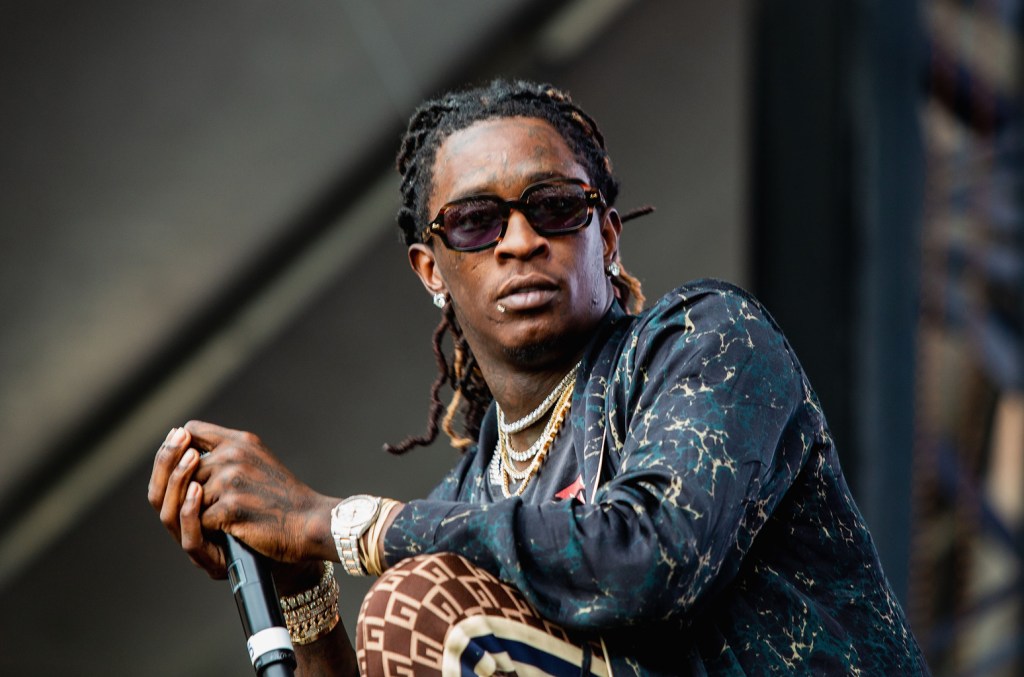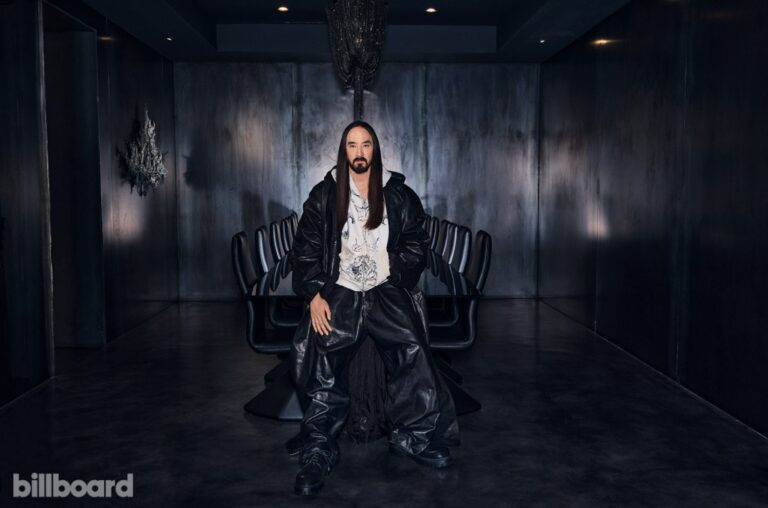Unraveling the Mystery: The Delay Behind the Rapper’s RICO Case
Two years have passed since Young Thug and 27 others were indicted on Racketeer Influenced and Corrupt Organizations (RICO) gang charges in Atlanta, marking a tumultuous journey that has unfolded over time. The trial, which has become the longest in Georgia’s history, is a convoluted web of legal proceedings and serious allegations that have captured nationwide attention, especially due to the involvement of the star co-defendant, Jeffery Williams, also known as Young Thug.
The case revolves around the accusation that Young Thug co-founded and led the gang Young Slime Life, with the indictment listing various crimes dating back to 2013, right before the rapper made his first Billboard Hot 100 entry with hits like “Stoner” and “Lifestyle.” Charges against Young Thug include conspiracy to violate RICO, participation in criminal street gang activity, violations of the Georgia Controlled Substances Act, and possession of a machine gun. Several other rappers signed to his record label, Young Stoner Life, were also implicated in the indictment.
Gunna and Slimelife Shawty were among those charged, with Gunna reaching a negotiated plea deal in December 2022. Yak Gotti, facing a charge of murder and conspiracy to violate RICO, remains on trial alongside Young Thug. The intricate legal battle began with opening arguments in November, where prosecutors painted Young Thug as the leader of the gang and detailed a wide range of crimes linked to Young Slime Life.
As one of the most influential rappers of his generation, Young Thug’s rise to success in the music industry starkly contrasts the criminal allegations he is currently facing. The indictment paints a picture of a dual life for the rapper – one of global fame and fortune alongside allegations of leading a criminal enterprise.
This high-profile case has sparked discussions around the use of rap lyrics as evidence in criminal trials. Prosecutors cited Young Thug’s lyrics as proof of criminal activity, while defense attorneys vehemently argued against this practice, labeling it as harmful and misleading. Music executives have rallied behind Young Thug, decrying the prosecution’s approach and calling for protection of artistic expression.
A wave of support has emerged from fellow artists, as they express solidarity with Young Thug in the midst of the ongoing trial. With no immediate end in sight, the case is anticipated to extend well into 2024, with mounting financial and logistical burdens on the justice system and taxpayers.
The trial’s unprecedented length and complexity have added layers of intricacy and confusion, raising questions about the efficacy of the legal process and the outcomes it may yield. Despite the challenges and delays, stakeholders remain hopeful for a resolution that will secure justice and clarity in the aftermath of this protracted legal battle.
With each passing day, the trial of Young Thug and his co-defendants continues to unravel a complex tapestry of legal, personal, and creative entanglements, serving as a potent reminder of the far-reaching consequences of actions taken, songs sung, and lives lived amidst the glare of public scrutiny.







